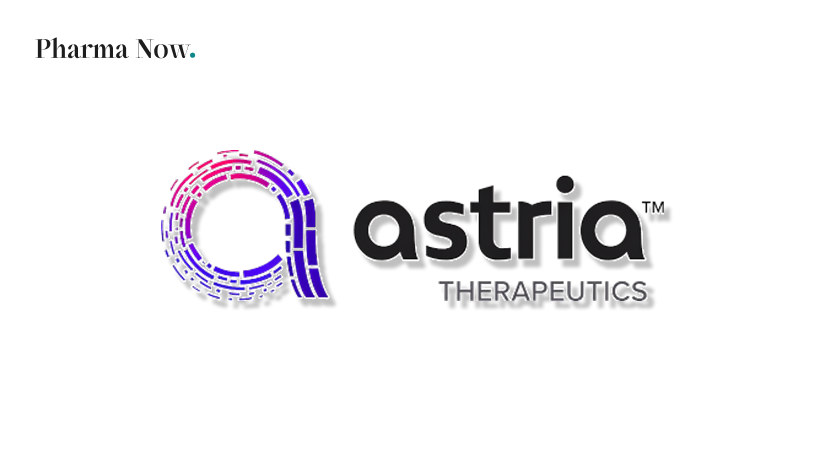Astria Therapeutics’ Navenibart Shows Strong Prevention and Safety Results in ALPHA-STAR HAE Trial
Astria Therapeutics reports positive ALPHA-STAR Phase 1b/2 results for navenibart in hereditary angioedema, showing strong efficacy and safety for Q3M and Q6M dosing.
Breaking News
Nov 10, 2025
Vaibhavi M.

Astria Therapeutics, Inc., a biopharmaceutical company developing innovative treatments for allergic and immunologic diseases, announced encouraging results from the fully enrolled 29-patient cohort of its ALPHA-STAR Phase 1b/2 trial evaluating navenibart (STAR-0215) in hereditary angioedema (HAE). Conducted across 20 sites in six countries, the trial demonstrated strong reductions in HAE attack rates and a favorable safety profile, supporting both every-three-month (Q3M) and every-six-month (Q6M) dosing options. These findings reinforce navenibart’s potential as a long-acting, preventive therapy for HAE as the company advances toward its Phase 3 program, with topline results anticipated in early 2027.
“The updated results from the full 29 patients in the ALPHA-STAR Phase 1b/2 trial are highly encouraging and reinforce our confidence in navenibart’s profile as a potentially life-changing preventative treatment for HAE,” said Christopher Morabito, M.D., Chief Medical Officer at Astria Therapeutics. “With nearly double the target enrollment, the data are highly consistent with previously reported results and demonstrate rapid onset, robust and durable efficacy, and a favorable safety and tolerability profile. Importantly, we also observed sustained, clinically meaningful improvements in patient-reported quality of life. The results strongly support both Q3M and Q6M dosing regimens, and we look forward to navenibart's progress in the ALPHA-ORBIT Phase 3 trial, which is enrolling globally.”
ALPHA-STAR was designed as a dose-ranging, proof-of-concept study assessing safety, efficacy, pharmacokinetics, pharmacodynamics, and quality of life in adults with HAE Type 1 or 2. Patients underwent an eight-week baseline run-in period before receiving subcutaneous doses of navenibart in three cohorts. Due to high patient interest, the study expanded beyond its initial 16-patient target to include 29 participants across Cohorts 2 and 3. This expanded group not only strengthened the safety and efficacy dataset but also supports future regulatory submissions for the program.
After six months of treatment, 62% of patients in Cohort 2 and 67% in Cohort 3 remained attack-free, consistent with earlier results. Patients also reported significant improvements in quality of life, as measured by reductions in AE-QoL scores across all cohorts. Navenibart was well tolerated, with no serious adverse events, discontinuations, or painful injection reactions reported. Only four mild, transient treatment-related events were observed. Importantly, all 29 patients (100%) from the ALPHA-STAR trial chose to continue treatment in the ALPHA-SOLAR long-term open-label study, underscoring patient confidence in the therapy’s efficacy and safety.
